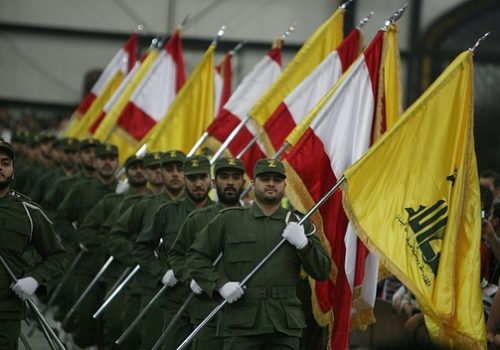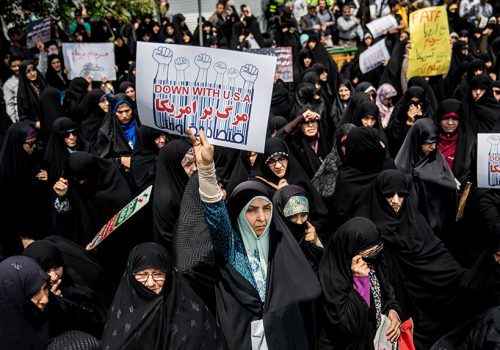Over the past year, many have questioned the extent to which the Lebanese Armed Forces (LAF) are an arm of the Lebanese state or beholden to Hezbollah. Pointing to the LAF’s complicated relationship with Hezbollah, congressional and other voices in the United States have criticized US security assistance to Lebanon and threatened to withhold assistance. Yet, over the past decade, the military capabilities of the LAF have improved significantly, and the group has effectively defended Lebanon’s borders, including against ISIS. In The United States–Lebanese Armed Forces Partnership: Challenges, Risks, and Rewards, Atlantic Council nonresident senior fellow Nicholas Blanford assesses LAF capabilities, the trajectory of the LAF over the past decade, and what leverage the United States has achieved through its investment in the LAF, in particular relative to Hezbollah, Iran, and other actors.
Despite potential challenges, Blanford argues that a continuation of military assistance to the LAF is critical to maintaining Lebanese stability and continuing to erode Hezbollah’s narrative that only it, and its style of hybrid warfare, can defend Lebanon from external aggression. The author concludes that the cancellation of the program, or a significant reduction in its scale, would erode US influence in a critical slice of real estate on the eastern Mediterranean, to the potential benefit of Russia and Iran.

